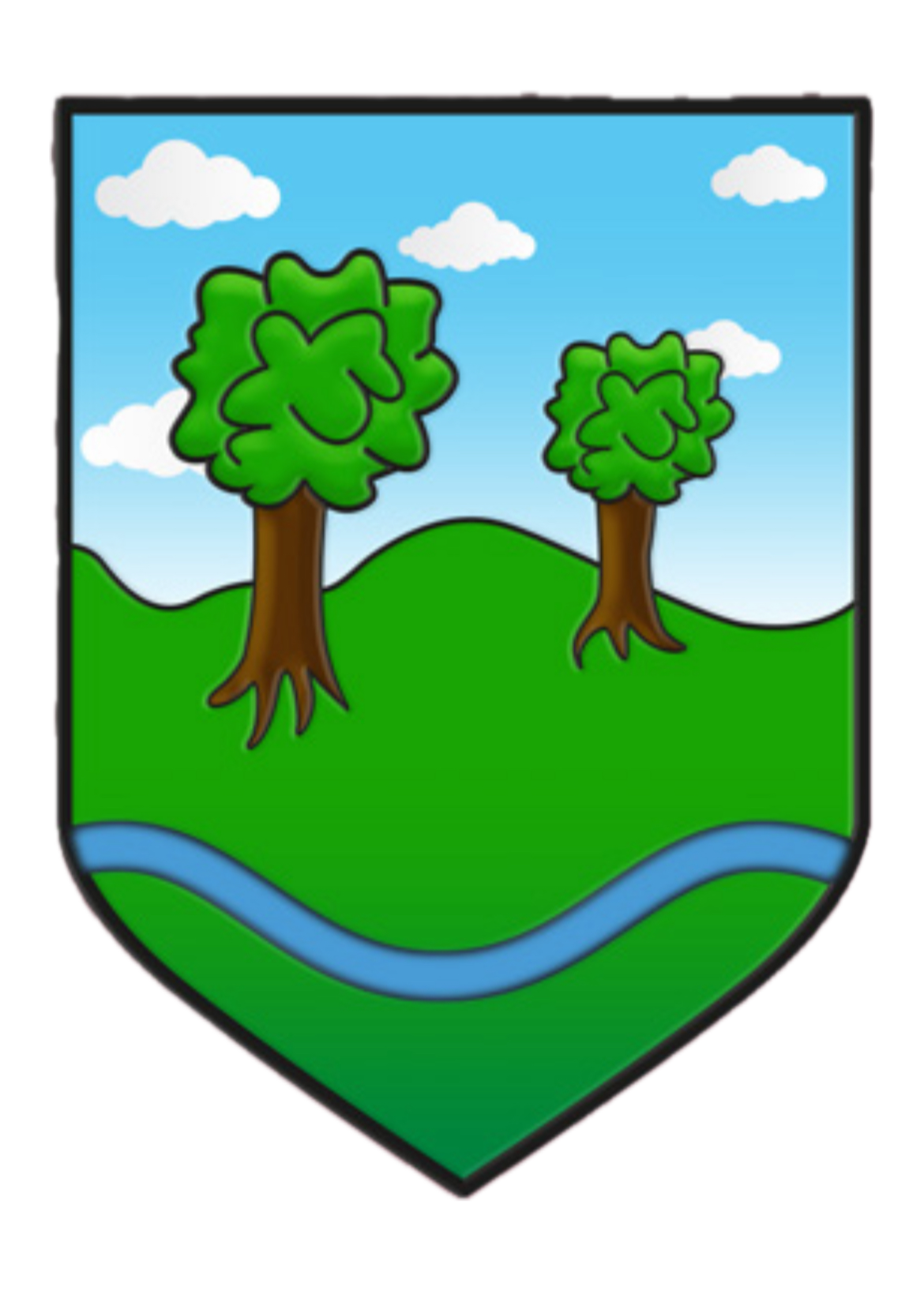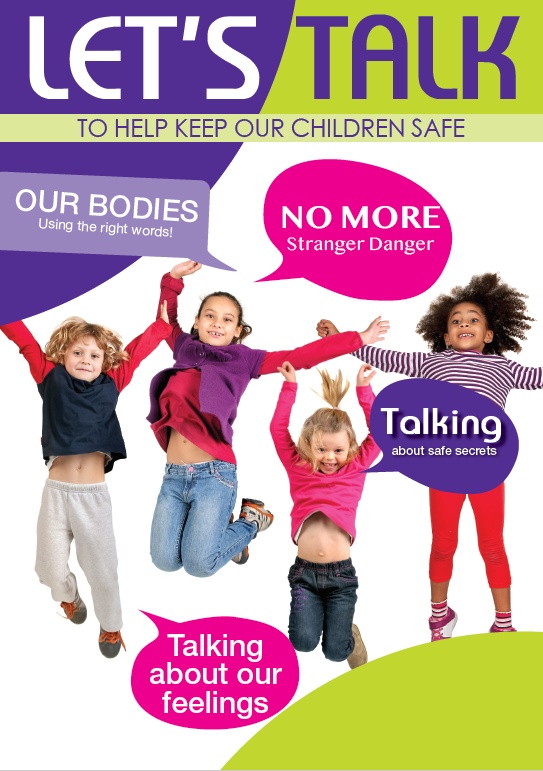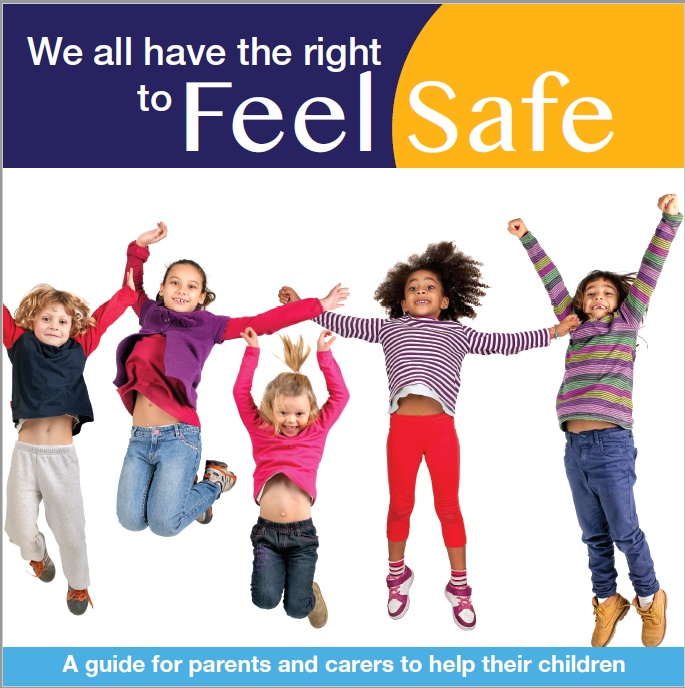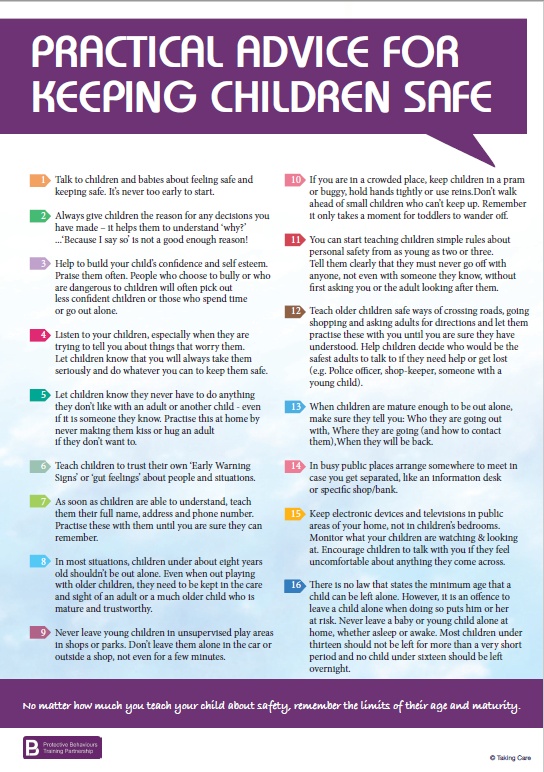
Great Alne Primary School
Protective Behaviours
The Protective Behaviours programme is a safety awareness and resilience building programme. The aim of the programme is to teach our children about how to feel safe, how to talk about their feelings and how to recognise safe and unsafe feelings. It helps the children to recognise any situation where they feel worried or unsafe, such as feeling anxious, stressed, bullied or threatened and explores practical ways to keep safe. Protective Behaviours also helps children to identify support networks for times when they need someone to listen and help.
Within Protective Behaviours there are two main themes.
Theme 1: We all have the right to feel safe all the time.
With that right comes a responsibility not to do anything that would leave other people feeling unsafe and we can identify if we are feeling unsafe by learning to tune into our Early Warning Signs. These would include things that happen in our body like butterflies in the stomach, sweating hands, goose bumps, racing heart and the various situations in which they can occur.
If we get those Early Warning Signs then Protective Behaviours encourages children to think about what their options are and work out what actions they might need to take. This may include contacting someone on their ‘support network’ which is where the second theme of Protective Behaviours comes in:
Theme 2: We can talk to someone about anything, even if it feels awful or small.
Children are encouraged through the Protective Behaviours programme to develop a ‘support network’ which they are able to call upon if they have identified, through their Early Warning Signs, that they are feeling unsafe.
The children create a ‘Network Hand’ of five trusted adults who will listen to them, believe them and support them if they need help. Ideally it will consist of adults chosen by them who are available, supportive, trustworthy and willing to listen. The Networks of trusted people should be those who children feel they can talk to about all things- good things as well as things that worry or concern them.
A trusted adult will be able to help them to develop their own thinking and problem solving skills which will inevitably enhance their self-confidence and help them to feel safe.
There are four key themes to the programme.
|
|
|
|
Throughout the programme the children will be encouraged to recognise their feelings of safety in different situations: to recognise their Early Warning Signs.
There are three main types of situations where we experience Early Warning Signs:
- When we feel unsafe, but are having fun and are in control of the situation. For example: it is our choice to be there such as diving off a high board or riding a roller coaster.
- When we feel unsafe, it is not fun, but we are still in control. For example, doing a
- test or visiting the dentist/doctor.
- When we feel unsafe, it is not fun and we have no control over the situation. These situations are personal emergencies as the child is in danger of losing control over what happens to them. For example, being lost, bullied, or abused.
Within the Protective Behaviours programme we teach children the biological names for intimate (private) parts of their body. The Naming of body parts is a subject that some people may feel uncomfortable about but we believe that avoiding such conversations can lead to children becoming confused especially if they are trying to let someone know that they are in discomfort or if something else has happened to them.
Research has shown that there have been cases documented whereby children have tried to tell an adult something of vital importance but as they did not have the appropriate words or language to use. This can mean that key information is overlooked, misunderstood or missed which can result in devastating outcomes.
Using the biological names for our body parts helps us all to have the appropriate dialogue in school, and the words are used with utmost care, sensitivity and respect. We explain to the children that we understand that they may have their own words for intimate parts of their bodies but the important thing is that they know, understand and can use the biological words too.
Links for Parents
- https://www.protectivebehaviourstraining.co.uk/publications/we-all-have-the-right-to-feel-safe-booklet
- https://www.protectivebehaviourstraining.co.uk/publications/practical-advice-for-keeping-children-safe
- https://www.protectivebehaviourstraining.co.uk/publications/lets-talk-magazine


